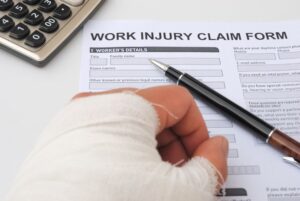
Social Security Disability Insurance: Denials and Appeals
Most people who apply for Social Security Disability Insurance are denied on their first attempt. Some estimates suggest that up to 70 percent of applicants are initially denied benefits. Knowing

